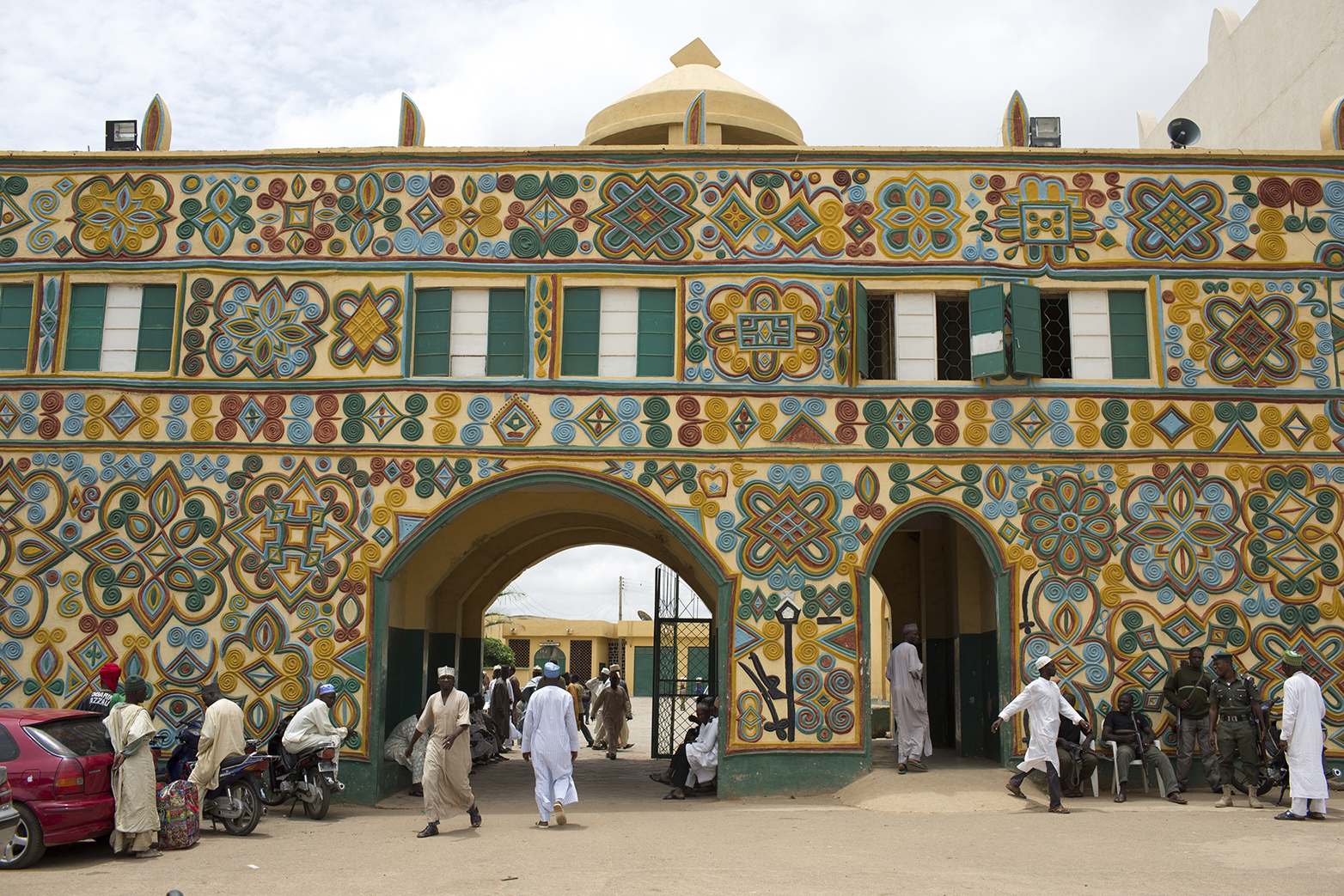Engaging Across Religious Difference: How Islamic Jurists Shape the Actions of Armed Groups and Craft Practical Solutions to Conflict

Dialogical Research on Areas Governed by Non-State Groups
This action-research project brings together local researchers, Islamic scholars, and academics across the world to learn about the role of Islamic jurists in armed conflict and mediation processes.
The research project is a collaboration between the Cordoba Peace Institute (CPI) in Geneva and the Center for Security Studies (CSS) at ETH Zurich. The Templeton Religion Trust (TRT) is funding the project.
Background & Rationale of the Project
Armed groups control swaths of territory and govern roughly eighty million people (for a recent estimate, see external pageICRC 2021call_made). More than half of all armed conflicts now involve armed groups expressing their interests and claims in explicitly Islamic terms (Svensson & Nilsson 2020). Preliminary research suggests that processes of interpreting Islamic Scripture (Quran and Prophetic traditions) underpin the self-understanding and decision-making many of these groups. Calling for the establishment of Islamic polities, these groups often disagree internally on what this means in practice. To orient and emphasize the legitimacy of their actions, they generally rely on Islamic jurists interpreting Scripture to issue rulings and recommendations.
Adopting a conflict resolution perspective on the decision-making of these groups and their experience in negotiations and dialogue processes, this research project offers policy makers an evidence-based framework for deciding whether, when, and how to engage with such armed groups. The focus of the research lies on Islamic jurists trusted by armed groups and guiding them in their action. Albeit possibly contested by others, these jurists are in a position to define scope of action and decision-making that their respective groups consider legitimate.
Research Questions
Islamic jurists can shape actions of armed groups on the level of governance, the conduct of hostilities, or negotiation processes. Against this background, we test the hypothesis that Islamic jurists within or close to armed groups can be engaged to develop practical solutions to various aspects of armed conflict.
The two principal research questions are:
- How do Islamic jurists interpret Scripture to shape the governance and conflict behavior of armed groups?
- Which kinds of dialogue engagement allow such jurists to develop, support, or legitimize practical solutions to conflict on the level of governance, the conduct of hostilities, or negotiation processes?
Dialogical Research Method
The project employs a dialogical approach to research conducting case studies of five groups operating in different countries (Iraq, Mozambique, Mali/Burkina Faso/Niger, Somalia, and Yemen). The project is run in compliance with research ethics in social science. A diverse team of researchers will invite different local researchers and Islamic scholars to react to key findings at several stages of the project. The dialogical approach will ensure transparency and local accountability in the knowledge production process. Moreover, it will allow for the inclusion of all relevant perspectives and concerns before publishing the research in different academic and non-academic formats.

